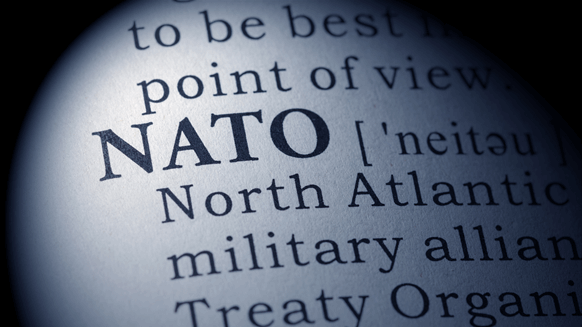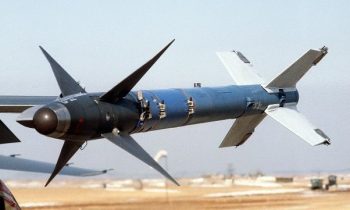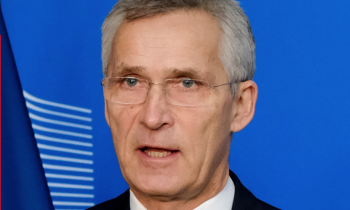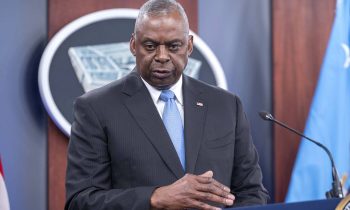Norway Prime Minister Jonas Gahr Støre and German Chancellor Olaf Scholz agreed to propose that NATO should establish a surveillance center to improve the protection of subsea infrastructure, the Norwegian government has announced.
“Chancellor Scholz and I have taken an informal initiative today to improve the protection of subsea infrastructure,” Støre said in a statement posted on the Norwegian government’s website.
“We are suggesting that NATO should establish a dedicated surveillance center for this purpose,” he added.

In the statement, the Norwegian government said subsea infrastructure is vital for the overall European economy “and for our security” and noted that further action is needed to protect this infrastructure.
“Norway feels a special responsibility for security of natural gas supply in Europe. It is vital to maintain gas supplies,” the government said in the statement.
“Norway, together with its allies, has taken a number of steps to protect gas infrastructure. However, countries and industries need to share more information, and civilian and military actors should work more closely together,” the government added.
In a statement posted on his Twitter page, Scholz said, “the attack on the Nord Stream pipelines in the Baltic Sea showed that our critical infrastructure must be protected more comprehensively”.
“NATO should take on more tasks in protecting the critical infrastructure in the sea, Jens Stoltenberg and I agree on that,” he added.
In a statement posted on Stoltenberg’s Twitter page, the NATO Secretary General said he warmly welcomed the proposal from Germany and Norway for a NATO center for the protection of undersea infrastructure.
Great meeting with @Bundeskanzler Olaf Scholz. I thanked him for #Germany‘s strong support to #Ukraine & significant contributions to our defence & deterrence. I also warmly welcome the proposal from Germany & Norway for a #NATO centre for protection of undersea infrastructure. pic.twitter.com/vPJZY6rfXJ— Jens Stoltenberg (@jensstoltenberg) December 1, 2022
The Norwegian government announced in September that it had decided to heighten emergency preparedness in relation to infrastructure, onshore and offshore installations on the Norwegian Continental Shelf.
The Nord Stream 1 and 2 gas pipelines were damaged in late September, with Bloomberg reporting last month that Sweden concluded explosions at the assets were caused by sabotage. In November, Petroleum Safety Authority Norway (PSA) highlighted that a number of notifications/reports had been received by the PSA from operator companies “concerning observations of unidentified drones/aircraft, both offshore and close to the onshore plants”.



